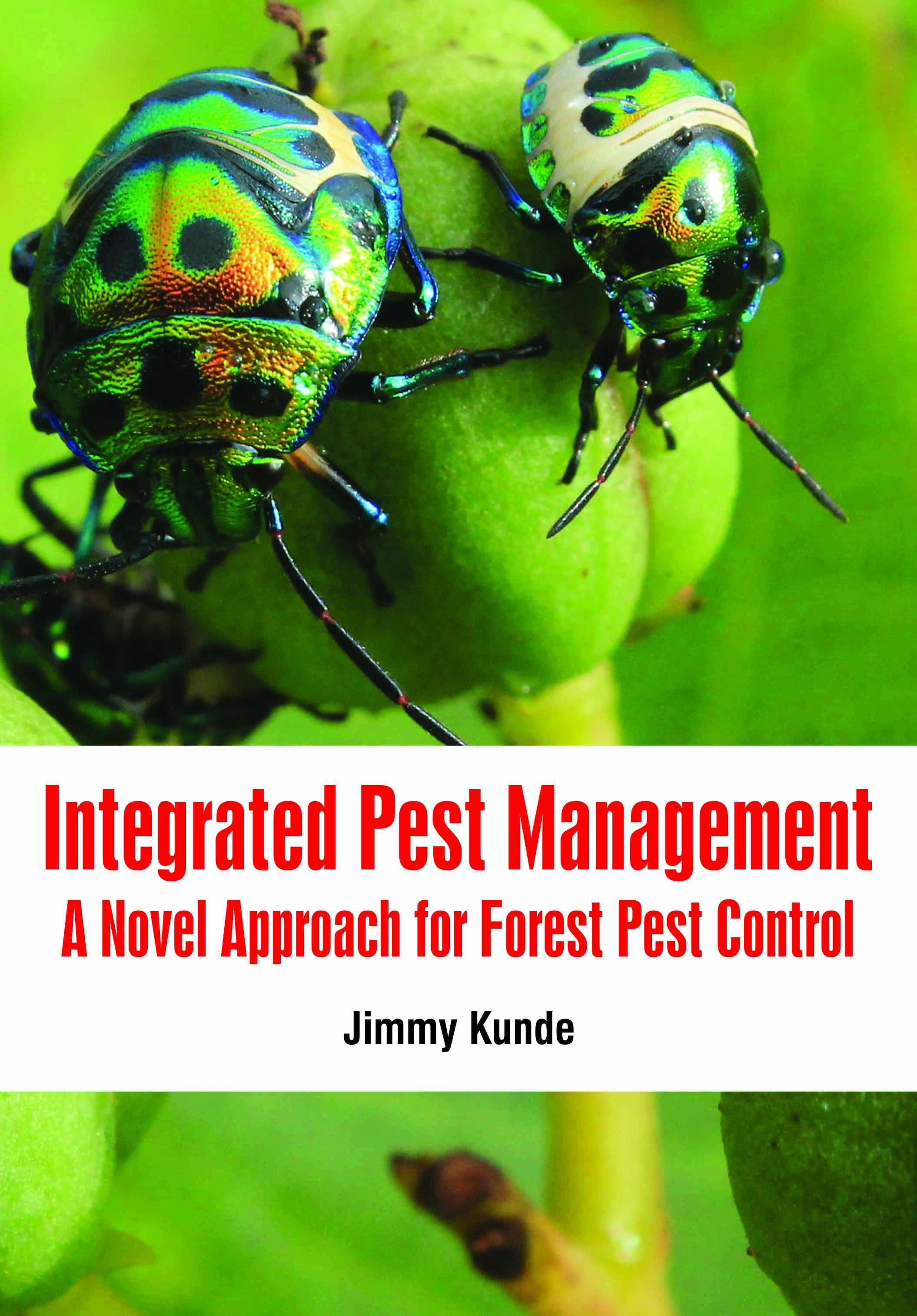
Integrated Pest Management: A Novel Approach for Forest Pest Control
by Jimmy Kunde
| ISBN | 9781799600848 |
|---|---|
| Publisher | White Press Academics |
| Copyright Year | 2020 |
| Price | $230.00 |

by Jimmy Kunde
| ISBN | 9781799600848 |
|---|---|
| Publisher | White Press Academics |
| Copyright Year | 2020 |
| Price | $230.00 |
In this book, novel approaches to integrated pest management (IPM) are compiled not only to demonstrate in detail the remarkable achievements and contributions of this field to the environment, public health and the world economy, but also to draw prospects for the future of each related field of IPM. Integrated pest management (IPM) refers to strategies used to minimize the application of chemical pesticides and to combat plant pests, such as insects and other arthropods, pathogens, nematodes, weeds, and certain vertebrates, without incurring economic plant damage. All plant pests (as well as other life forms) have natural enemies, and the use of such biological control agents is commonly thought to form the basis of IPM. Biological control can be practiced through the introduction, encouragement, and/or release in high numbers of appropriate natural enemies of plant pests. However, in many cases, particularly those involving pests other than insects, biological control may be insufficient to provide economic management of pests on crops or other plants valued by humans. IPM is a tactics pest management including monitoring of insect populations, cultural, mechanical, biological and chemical methods of insect pest’s management. In all several IPM tactics there is biological pests control are useful technique that discourage the development of populations of harmful organisms. The book will be useful for the researchers working in the fields of agriculture, microbiology, entomology, pathology, nematology, ecology, botany, zoology and forestry.